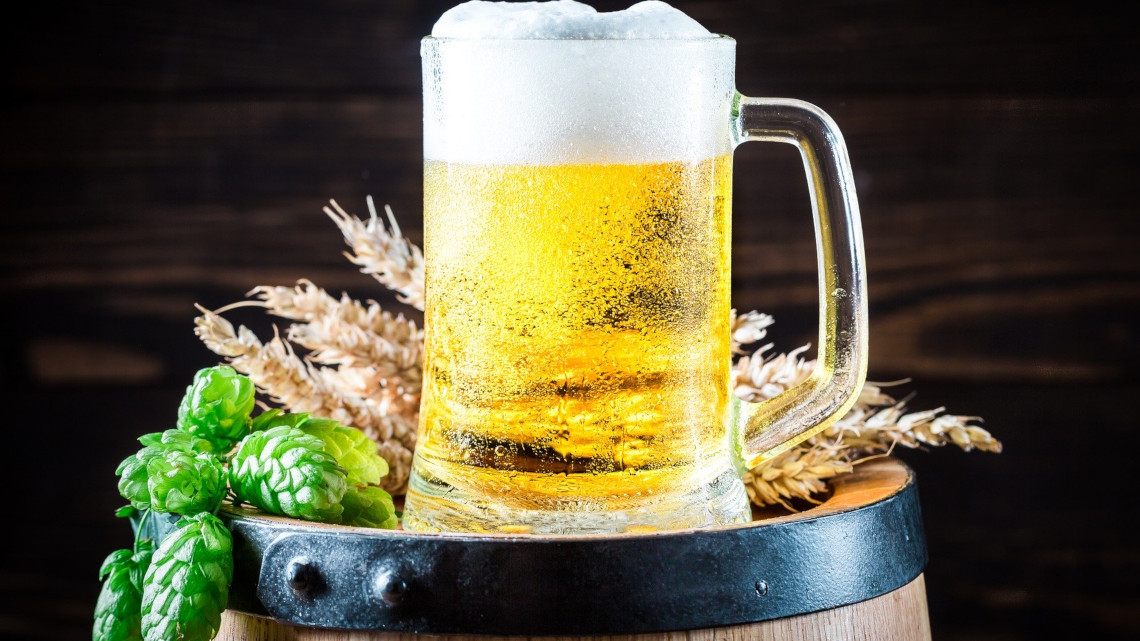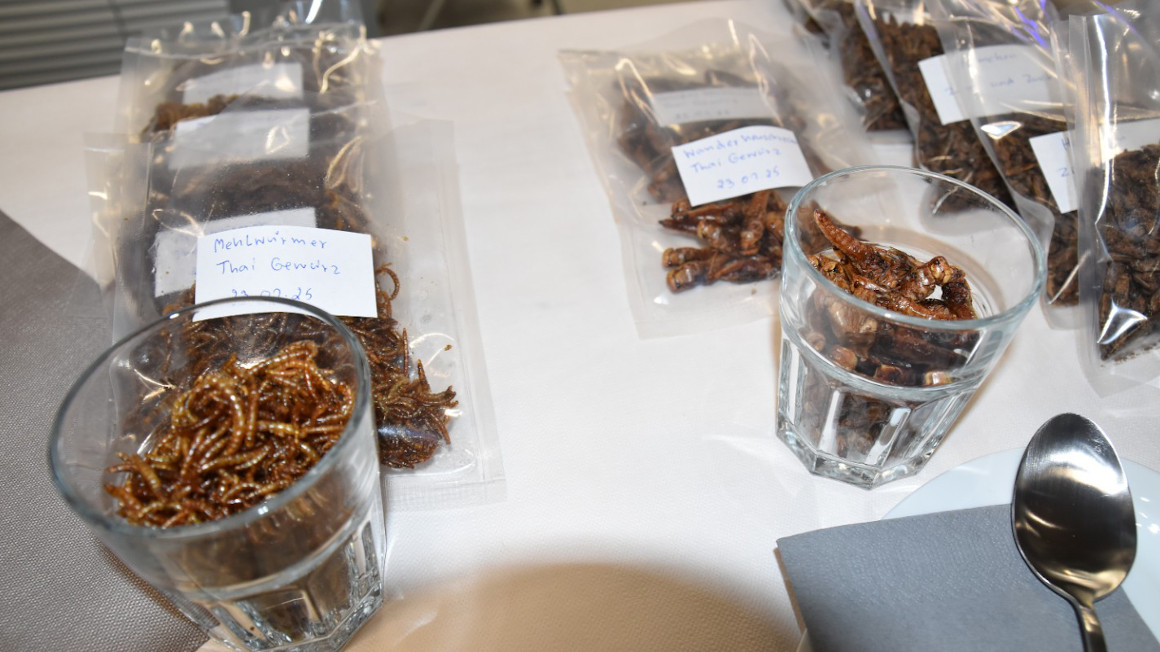Extract nutrients from spent grain
Researchers from Freiberg are developing a process to filter proteins or probiotics from brewing residues and make them usable for the food industry.

During the brewing of beer, many residues accumulate. For example, an average of 20 kilograms of spent grains are produced per hectoliter of beer. With regard to the annual beer production in Germany, this is about two million tons of spent grains and about one million tons of spent grains press water. These residues contain valuable substances, some of which are used in agriculture as animal feed, but the majority ends up in waste. Researchers want to change that. The water that results from pressing the spent grains also contains nutrients such as proteins, various sugars and health-promoting substances such as polyphenols and antioxidants.
Filtering nutrients from spent grains press water
As part of a research project, a team led by Roland Haseneder and Volker Herdegen from the Institute for Thermal Process Engineering, Environmental and Natural Materials Process Engineering at the TU Bergakademie Freiberg is working to extract the ingredients from the spent grains press water and make them usable as food supplements. "First, we pass the spent grains press water under slight pressure through different membrane types made of plastic or ceramic with different pore sizes and thus separate the components according to their mass," explains Roland Haseneder. The problem: filtered out molecules such as polyphenols often stick to the surface of the proteins. To prevent this, the Freiberg researchers want to refine the filtered out nutrient complexes using a new method.
Extract nutrients with CO2
The process used is the so-called CO2 extraction, which is also used to produce decaffeinated coffee. "We can treat the ingredients in the spent grains press water obtained by membrane filtration with liquid CO2 in such a way that the molecular groups can be separated from each other," says Haseneder. By combining filtration and CO2 extraction, the researchers hope to extract proteins, prebiotics and antioxidants in pure form from the spent grains press water in the future. In the future, up to 15 grams of the "white powder" with the corresponding nutrients could be produced from each liter of press water and delivered to the food industry for further processing.
New source of income for brewers
The work of the Freiberg team is being funded by the Saxon State Ministry of Science, Culture and Tourism with 261,000 euros for a period of two and a half years as part of the research project "Optimization of the fractionation of components from brewers' spent grain by the use of hybrid separation processes". Should Freiberger technology be used in breweries, the extraction of nutrients from spent grains could be a new source of income for brewers. Since the moisture is removed from the spent grains, the residual material also has a longer shelf life. In addition, the extraction of the recyclable materials from the now solid materials is less complex and less expensive.


